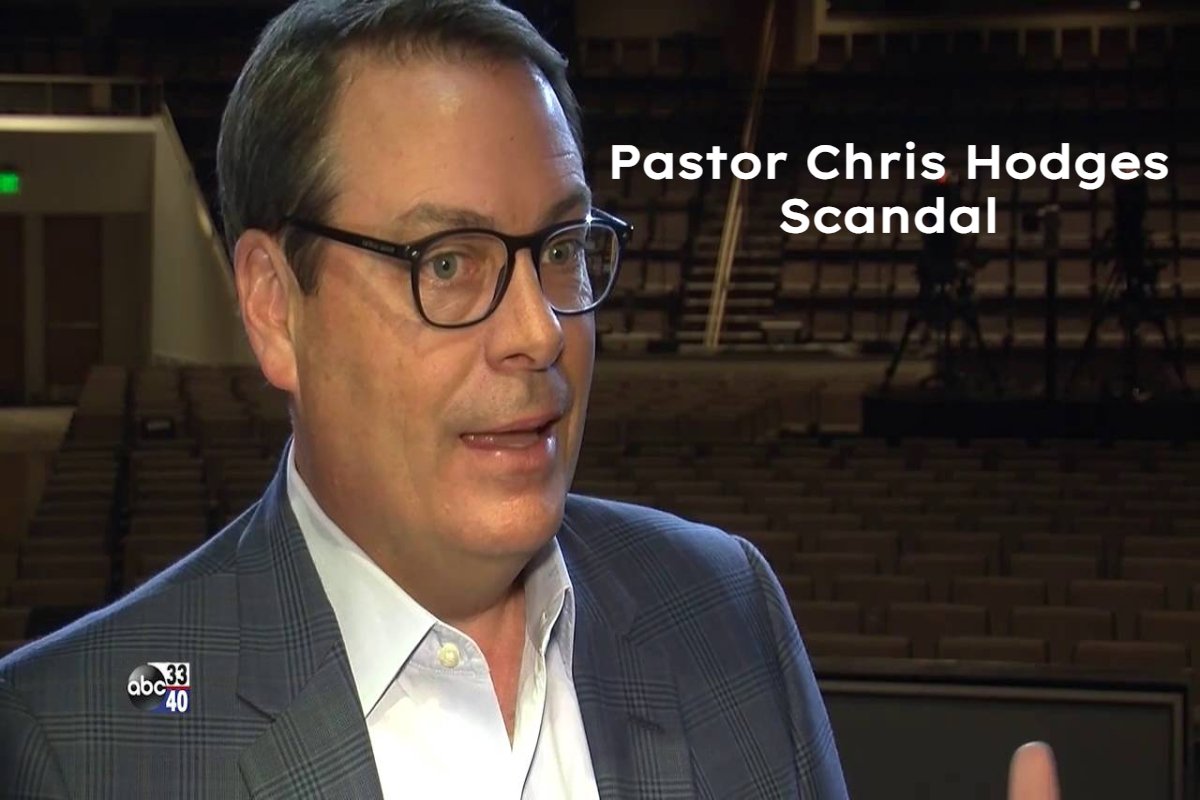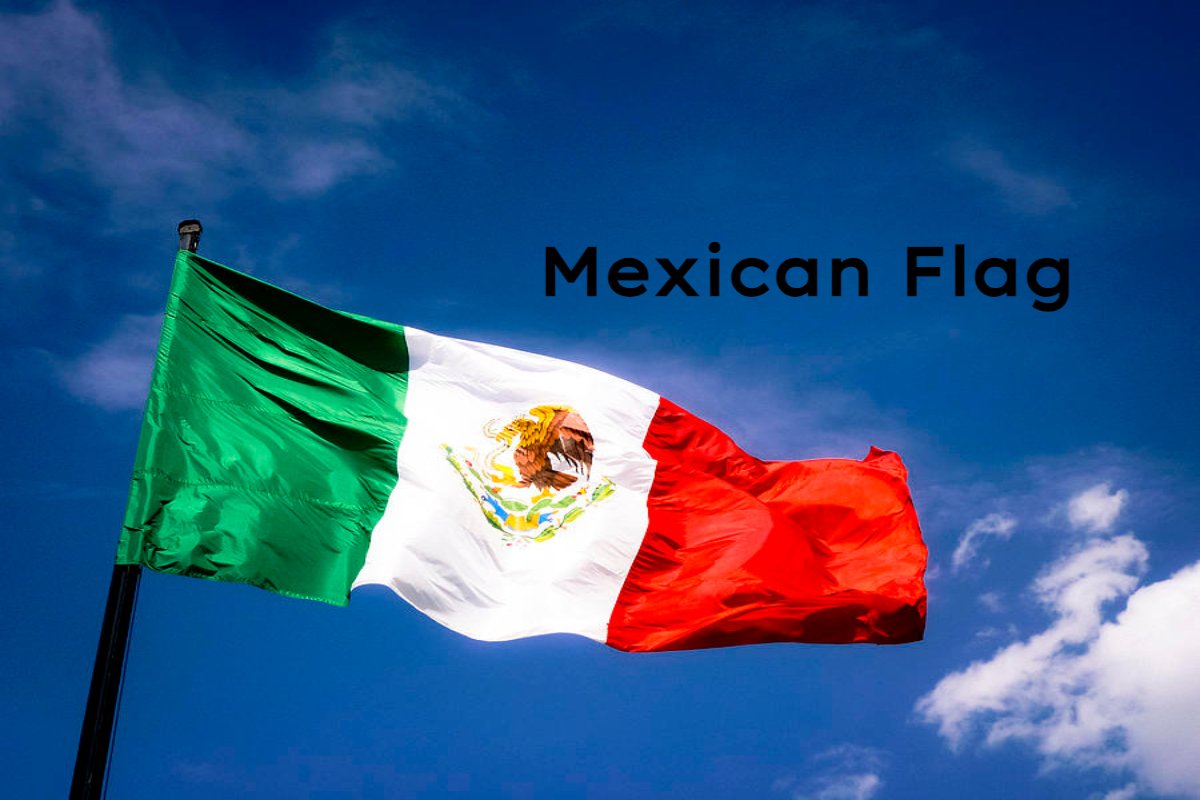The phrase “Pastor Chris Hodges scandal” has been a topic of significant interest and debate within religious communities and beyond. As a prominent figure in the Christian church, Pastor Chris Hodges is well-known for his leadership at the Church of the Highlands, one of the largest congregations in the United States. However, his reputation has not been without controversy. This article aims to provide a comprehensive, SEO-optimized overview of the various aspects related to the scandal, examining its origins, key events, and the broader implications for the church and its followers.
Introduction to Pastor Chris Hodges
Pastor Chris Hodges founded the Church of the Highlands in 2001 in Birmingham, Alabama. Since then, the church has grown exponentially, attracting thousands of worshippers and expanding to multiple campuses across the state. Known for his dynamic preaching style and commitment to community service, Hodges has built a reputation as a respected and influential church leader.
Read More: Justin Billingsley az: A Trailblazer in Arizona’s Business Landscape
The Emergence of the Scandal
The scandal involving Pastor Chris Hodges began to surface in June 2020 when a series of social media activities and statements came under scrutiny. The controversy primarily revolved around Hodges’ interactions on social media, particularly his engagement with content considered racially insensitive. These actions led to public outcry and significant backlash from both the church community and the wider public.
Key Events Leading to the Scandal
- Social Media Activity: The initial spark for the scandal was ignited by Hodges’ social media likes and follows. He liked posts from conservative commentator Charlie Kirk, who has been known for his polarizing views. This action was perceived by many as an endorsement of these views, leading to widespread criticism.
- Public Apology: In response to the backlash, Hodges issued a public apology. He acknowledged his actions and expressed regret for any hurt or offense caused. Despite the apology, the incident had already damaged his reputation and created a rift within the church community.
- Impact on the Church: The controversy had immediate repercussions for the Church of the Highlands. Several community partnerships were severed, including agreements with Birmingham City Schools to use their facilities for church services. This loss highlighted the tangible impact of the scandal on the church’s operations and outreach efforts.
Analysis of the Scandal’s Impact
The scandal involving Pastor Chris Hodges had several layers of impact, both within the church and in the broader societal context. To understand the full scope, it is essential to analyze the effects on various stakeholders.
Impact on Church Members
For many members of the Church of the Highlands, the scandal was a moment of crisis. The church, which had been a place of spiritual solace and community, now faced internal division and external scrutiny. Some members felt betrayed by Hodges’ actions, while others stood by him, emphasizing forgiveness and redemption.
Impact on Community Relations
The Church of the Highlands had established numerous community partnerships and outreach programs. The scandal strained these relationships, as evidenced by the termination of agreements with local schools. This development underscored the broader societal implications of the scandal, affecting not only the church but also the communities it served.
Broader Societal Implications
The controversy surrounding Pastor Chris Hodges also sparked a larger conversation about race, leadership, and accountability within religious institutions. It highlighted the importance of sensitivity and awareness in a racially diverse society, particularly for leaders with significant influence.
Media Coverage and Public Perception
Media coverage of the Pastor Chris Hodges scandal played a crucial role in shaping public perception. The scandal was widely reported across various news outlets, each presenting different perspectives. Analyzing this coverage helps to understand the narrative that emerged and its influence on public opinion.
Role of Traditional Media
Traditional media outlets, including newspapers and television news, provided extensive coverage of the scandal. These reports often focused on the sequence of events, the public’s reaction, and the implications for the Church of the Highlands. The media’s portrayal varied, with some emphasizing the gravity of Hodges’ actions and others highlighting his apology and efforts to make amends.
Role of Social Media
Social media was both a catalyst and a battleground for the scandal. The initial controversy stemmed from Hodges’ activity on social media, and it was through these platforms that much of the public discourse unfolded. Social media amplified the reach and intensity of the scandal, allowing for real-time reactions and widespread dissemination of information.
Responses from Religious and Community Leaders
The scandal prompted responses from various religious and community leaders, each offering their perspective on the situation. These responses ranged from calls for accountability to messages of support and forgiveness for Hodges.
Calls for Accountability
Some religious leaders and community figures emphasized the need for accountability. They argued that leaders like Hodges must be held to high standards of conduct, particularly given their influence and responsibility. This perspective underscored the importance of ethical leadership and the consequences of failing to uphold these standards.
Messages of Support and Forgiveness
Conversely, other leaders focused on themes of forgiveness and redemption. They highlighted the Christian principles of grace and second chances, arguing that Hodges’ apology and efforts to make amends should be recognized and valued. This viewpoint resonated with many within the church who believed in the possibility of personal growth and reconciliation.
Lessons and Future Implications
The Pastor Chris Hodges scandal offers several lessons for religious leaders and institutions. It underscores the importance of awareness and sensitivity in an increasingly diverse and interconnected world. Additionally, it highlights the need for accountability and the potential consequences of public actions, particularly for those in positions of influence.
Importance of Awareness and Sensitivity
The scandal illustrated the impact of seemingly small actions, such as social media activity, on public perception and trust. For religious leaders, this highlights the need for careful consideration of how their actions and words may be interpreted, especially in the context of social and racial issues.
Need for Accountability
The controversy also underscored the necessity of accountability for leaders. Transparency and a willingness to address mistakes are crucial for maintaining trust and integrity within any organization, particularly within religious institutions.
Potential for Growth and Reconciliation
Despite the challenges, the scandal also offers a narrative of potential growth and reconciliation. Pastor Chris Hodges’ efforts to apologize and address the situation reflect a commitment to personal and institutional improvement. For many, this aspect of the story serves as a reminder of the power of forgiveness and the possibility of redemption.
Conclusion
The “Pastor Chris Hodges scandal” is a multifaceted issue that has sparked significant discussion and reflection within and beyond the Church of the Highlands. By examining the origins, key events, and broader implications of the scandal, this article provides a comprehensive overview of a complex and sensitive topic. As religious institutions and leaders navigate the challenges of modern society, the lessons from this scandal highlight the importance of awareness, accountability, and the potential for growth and reconciliation.











